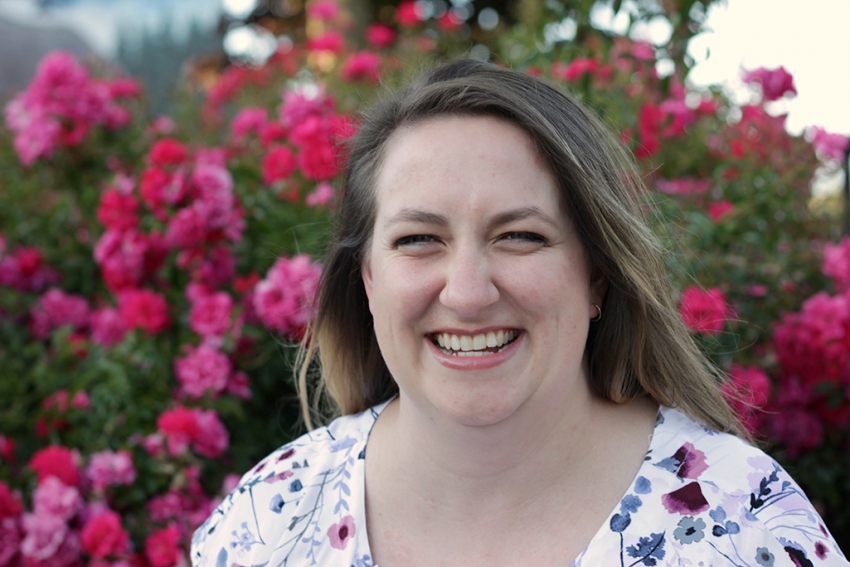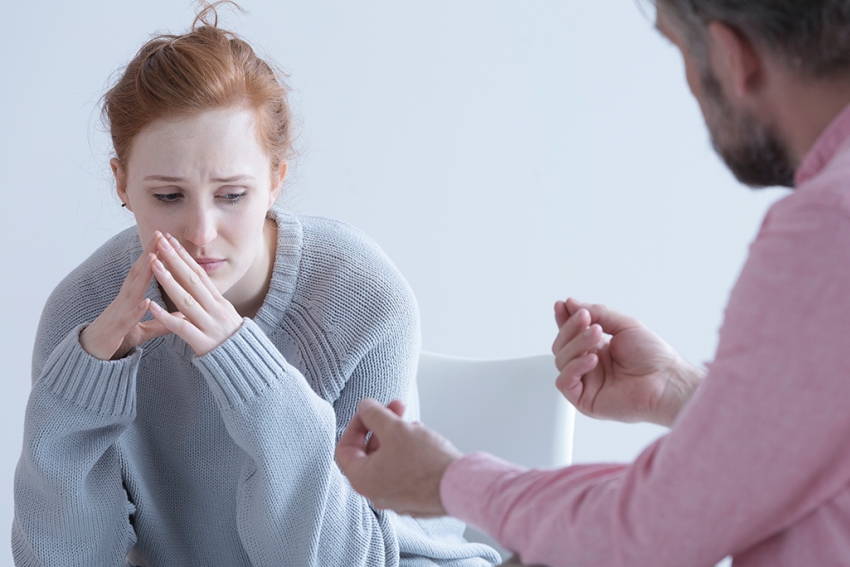The Weight of Words
How my life was measured by language
Reprinted from the The Language We Use issue of Visions Journal, 2018, 14 (1), p. 17
“Sticks and stones may break my bones but words will never hurt me.”
“Sticks and stones may break my bones but words will never hurt me.”



Sign up for our various e-newsletters featuring mental health and substance use resources.